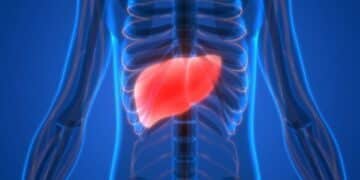We all know that when we have to pee, our body gets rid of unwanted fluids. This wouldn’t be possible without the bladder.
But how does the bladder actually work, and what would happen if it stopped working?
In this article, we will look at the functions of the bladder and what it does for your body.
What does the bladder do?
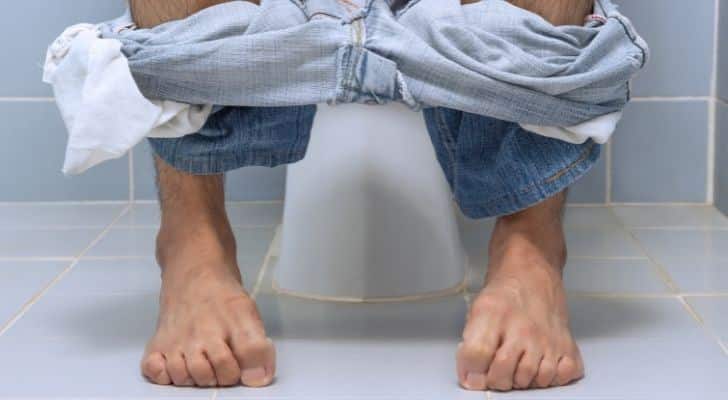
The bladder is a sac that essentially holds our pee until we need to use the bathroom, which is four to ten times a day for most people.
Once fluids in our body pass through the kidneys, it then flows to the bladder.
The bladder expands as it fills with our pee, and when it is full, nerve endings in the bladder walls send signals to the brain.
These signals indicate that it is full and that we need to get rid of it.
Our brain then sends a signal to the bladder to start contracting to release the pee.
When we go to the bathroom and relax, the walls of the bladder contract to squeeze the pee out, and the sphincter becomes relaxed.
The sphincter is a muscle that is located on the exit of the bladder before the urethra.
The pee then flows out through the urethra until we have emptied our bladder.
What is the purpose of peeing?
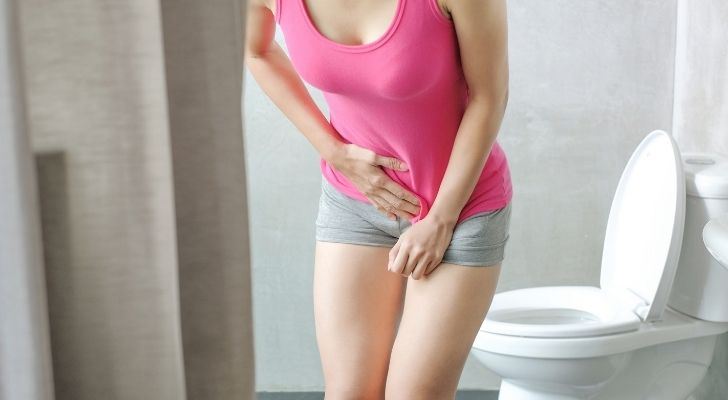
You might be wondering what the point of peeing is, we drink water, and it comes out as pee.
But what benefit does this have to our bodies?
Peeing is a way for our body to get rid of unwanted cells and toxins.
Our kidneys filter out any unwanted cells and toxins from our blood.
When our kidneys filter our blood, they replace water, blood, and good cells such as proteins and nutrients into the bloodstream.
So essentially, our pee is all the bad stuff leftover from our blood.
What happens if our bladder stops working?
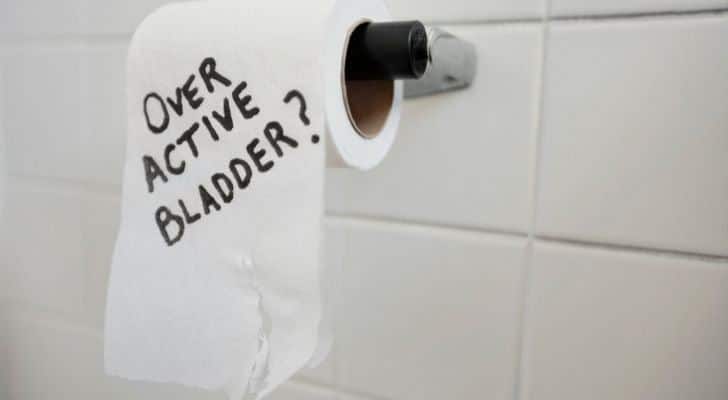
If our bladder stops working, there will be no way for your body to eliminate toxins that the kidneys have filtered out.
If the bladder stops working, it is generally because of nerve damage.
If nerves are damaged in the bladder walls, then your bladder will have trouble sending messages to your brain, and you might find that suddenly you want to pee.
There are three types of bladder control issues.
Overactive bladder
An overactive bladder is when your brain sends unexpected signals to the nerves in the bladder.
As a consequence, you might feel like you need to pee, but your bladder might not be full.
A lack of control of sphincter muscles
The second most common form of bladder issue is when you lack control of your sphincter muscles.
Sphincter muscles control the exit to the urethra, so if you have nerve damage in these muscles, then you might find that you can’t hold your pee in.
It is possible that sometimes a little bit of pee might leak out, or you might pee involuntarily.
Urine retention
The third form of nerve damage is known as urine retention.
This is when your bladder is either too weak to contract, or the nerves are so damaged that they don’t get messages from the brain to release pee.
This means that you won’t feel like you need to pee, but your bladder is full.
Sometimes this can lead to an overfull bladder which can cause infections in the kidneys if the urine starts to back up.
Can you fix a bladder that isn’t working properly?

If you have bladder control issues, there are various options for treatment depending on the cause or level of nerve damage.
The most common forms of treatment are bladder training, medication, electrical stimulation, and finally, surgery.
If your case is mild, then you will most likely start with bladder training or medication.
It is only serious cases that require surgery; however, you might be offered electrical stimulation of the bladder.
Can you survive without a bladder?
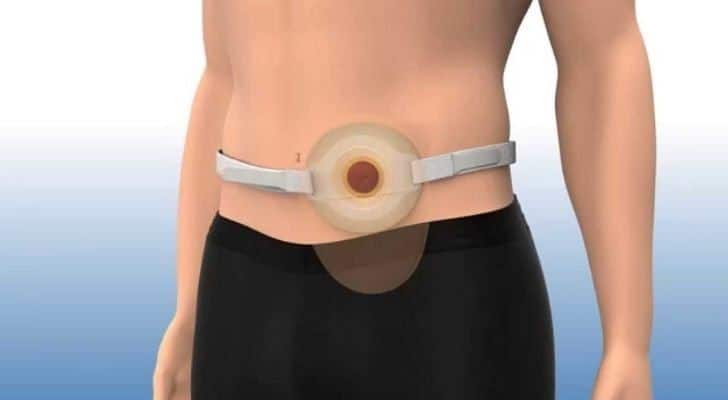
We know that you can’t survive without at least one kidney, but what about your bladder.
The answer is, unfortunately, no. The bladder plays an important role in peeing and getting rid of toxins from the body, so you can’t live without it.
If you have problems with your bladder, it can be removed, called a cystectomy.
However, you can’t get rid of urine without your bladder, so you need an alternative way to get rid of your pee.
Usually, a stoma bag will be attached, which is a bag that you wear that collects your pee and acts as a bladder but on the outside of your body.
Or you can use a part of your intestines to reconstruct a bladder-type storage pouch in place of the original bladder and use a catheter to help you pee.
In Conclusion
The bladder seems like a small part of our urinating system, but it plays an important part in the process of peeing.
Without our bladders, we wouldn’t be able to get rid of unwanted toxins from our bodies.
Once the kidneys filter out what we don’t need, it needs somewhere to be stored before it leaves our body.
This is what the bladder is for!
Essentially it is the pee storage tank of our bodies, and without it, pee would flow from our bodies.





